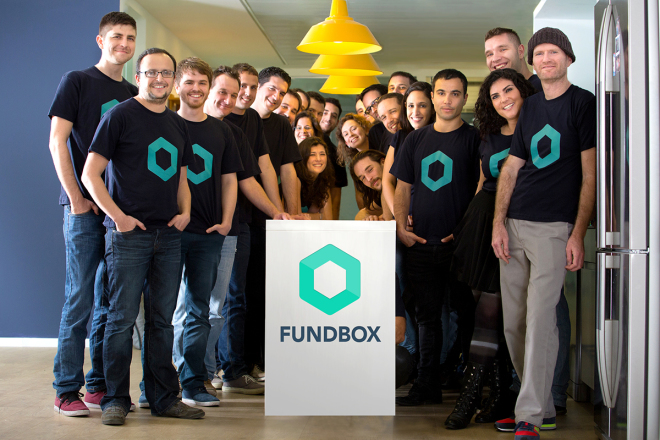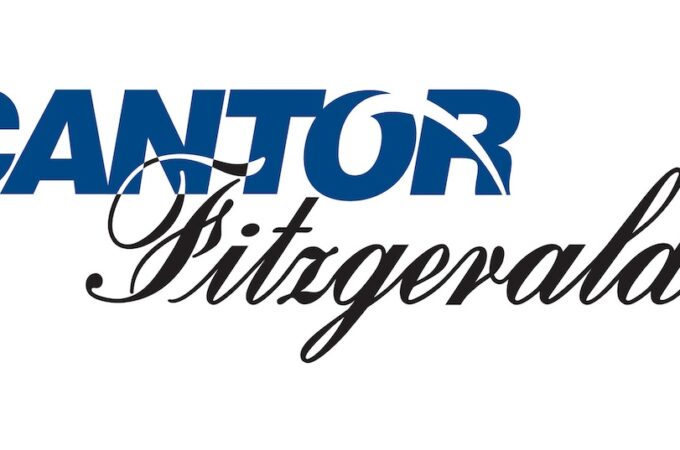
Startup Raises $40M to Keep Small Businesses’ Cash Flowing
By Wired
IT TAKES MONEY to make money, so the saying goes. Which is why, for so many small businesses, the sometimes months-long gap between filing an invoice and actually getting paid can spell death when you’re already barely scraping by.
Enter FundBox, an alternative lending startup that’s trying to fix this problem by doling out advances to small businesses on invoices of anywhere from $100 to $25,000. And now, Fundbox has raised a little money of its own—a $40 million Series B round led by General Catalyst Partners, to be exact—which will help expand its service in the increasingly competitive world of alternative lending.
The tech world has been all but flooded with online lenders in recent years, just as the pool of small business bank loans has essentially dried up. And while this market’s still young, it’s already had some notable success stories. LendingClub, a peer-to-peer lender, went public in December, raising just over $1 billion in its initial public offering. Soon after,OnDeck, another lender, raised $200 million in its IPO. Meanwhile, other platforms like Kabbage, CAN Capital, and Square Capital abound, offering to help businesses pay for new equipment and other expenses with fixed term loans and merchant cash advances.
“All of these are terrific for the small business capital area, which has really been starved for a long time,” says Karen Mills, a senior fellow at Harvard Business School and former administrator of the US Small Business Administration. “Banks have not been in the business of lending to smaller businesses, because it’s very hard to assess the risk, and it ends up not being very profitable for banks. So, these new companies are filling the gap in the marketplace that banks don’t find economical to fill.”
But unlike these competitors, Fundbox aims to address a more narrow and immediate need, says co-founder and CEO Eyal Shinar, and that is, paying business owners for the work they’ve already done. It was inspired, in large part, by Shinar’s mother, who ran her own staffing company in Israel and would sometimes struggle with the lag time between doing the work and getting paid. “It’s your money,” Shinar says. “It’s just about getting paid now versus in 60 or 90 days.”
How It Works
Fundbox integrates directly with a business’s accounting software, allowing them to upload all their outstanding invoices at once. It takes a matter of hours for the first invoice to get approved, during which Fundbox’s algorithms try to filter out fraudsters and determine whether or not the business is healthy enough to actually repay the advance. They look for a range of triggers that an invoice, or a business, might be fake, like whether or not the IP address, computer, and where the accounting software is registered all match.

To build these algorithms, Fundbox’s engineers drew from their experience serving as Israeli intelligence agents in Unit 8200. “Let’s just say tracing bad intentions related to fraud isn’t very different than tracing someone who’s trying to blow up a building,” says Shinar.
Fundbox then lets businesses know how much credit it’s willing to extend them based on all the data it’s collected. After the first advance is approved, every subsequent invoice gets approved or rejected instantly, a crucial detail for businesses when time is of the essence.
Business owners can then pay Fundbox back over the course of 12 weeks, including the flat monthly transaction fee Fundbox charges. The fee varies based on the loan amount, but Fundbox shares that figure with its customers in advance.
‘The Key Is Transparency’
This straightforward fee structure, says Mills, is critical to preventing these new lenders—many of which aren’t subject to federal oversight—from abusing cash-strapped individuals the way payday lenders do. “We don’t want this industry to become a place where people don’t know what they’re paying or can’t have access to the ability to compare prices and shop for the best deal,” she says. “The key is to make sure these companies operate with transparency.”
Fundbox still has a long way to go before it catches up to some of its larger competitors. Since it launched in April 2014, Fundbox has accrued around 10,000 customers and advances thousands of invoices a week. Compare that to the more than $2 billion worth of loans that OnDeck has given out over the course of its lifespan.
But according to Mills, the industry is so new, and the need among small businesses is so great, that it’s still anyone’s game to win. “There’s still a lot of room for these new entrants to be created,” she says. “It’s terrific how technology is changing the game, and a gap in the market has been recognized by new entrepreneurs, and they’re stepping in to fill it in a way that’s good for the entrepreneurs and for small businesses.”
First appeared at Wired





